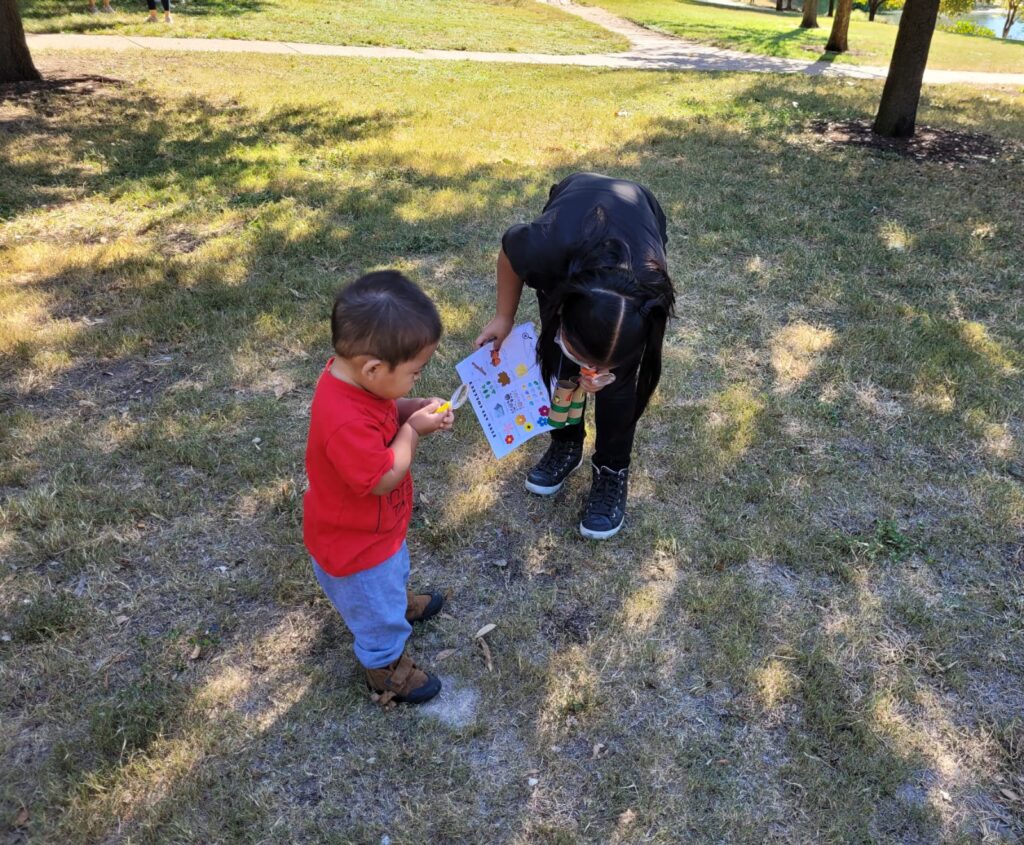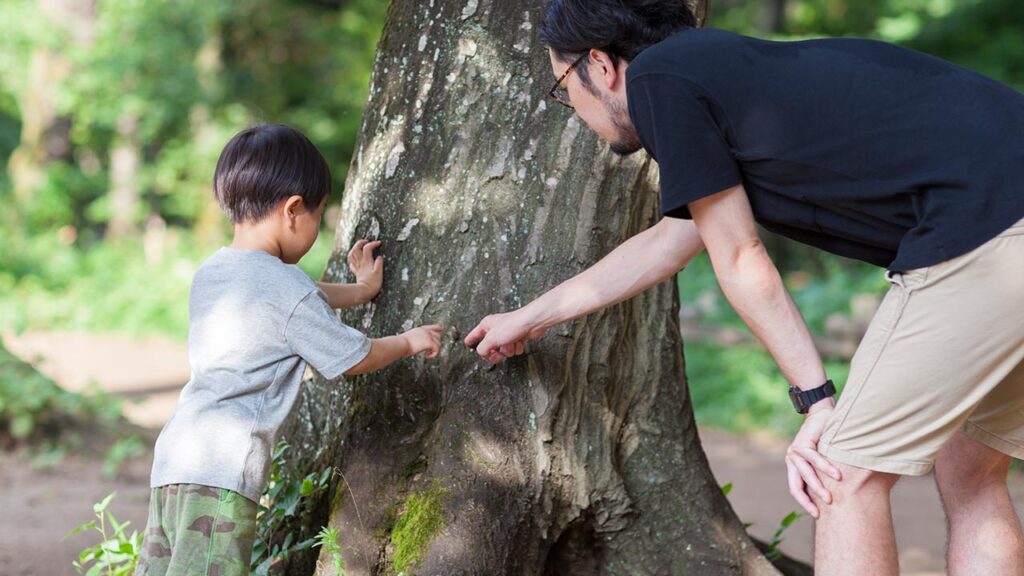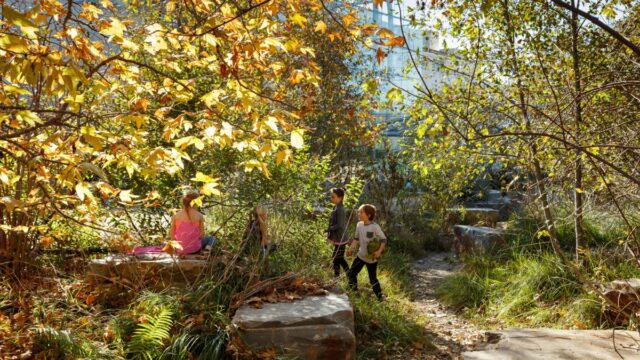The number of children developing physical and mental health problems is quite alarming. The World Health Organisation report that depression among teenagers is increasing and suicide is the fourth leading cause of death among 15-29-year-olds.
Experts have identified nature walks as a potential remedy to stop the rot. Nature walks provide an opportunity for children to engage in physical activities such as walking, climbing and cycling.
Exploring nature’s terrain can contribute to their overall fitness and health. It helps to develop muscles, motor skills, coordination and balance. At the same time, nature walks help to strengthen the immune system.
Cognitive development for children is also an important factor which has a significant outcome on how we experience life as adults. Nature walks have been shown to stimulate the cognitive abilities of children as they encounter new environments, observe plants and animals, and engage in problem-solving.

Learning to identify different species, understand ecosystems, and make connections between various elements in nature helps children to understand the importance of taking care of their environment and stimulates curiosity about the world around them.
Curiosity leads to critical thinking, more research and a deeper understanding of the natural world. Acquiring knowledge also equips children to prepare for adulthood and can help to boost self-esteem and confidence at school. The more children learn, the more knowledgeable they are and have a higher chance of passing their exams.
The Health Benefits Of Nature Walks

Nature walks are shown to alleviate stress and anxiety. This boost in mood helps to keep children in a positive state of mind — which ultimately improves their mental and physical health.
It stands to reason that spending time outdoors exposes children to fresh air and natural sunlight. This improves their respiratory health, boosts vitamin D levels, and supports their immune system. It also encourages physical activity, which contributes to cardiovascular health and good habits to carry into adulthood.
Because nature walks also engage all the senses, the rich sensory experience for children contributes to their sensory development, creativity, and sensory integration skills. This helps them to stay connected with themselves — as nature intends us to.
Being in nature, therefore, has a positive impact on children’s emotional well-being. It offers a sense of freedom, tranquillity, and relaxation. Nature provides a break from the demands and pressures of daily life, allowing children to unwind and reduce stress levels. It can also foster feelings of happiness, awe, and wonder, enhancing their overall mood.
For example, sprending time in a park allow children to develop a sense of connection and respect for the natural world. They learn about the interconnectedness of living organisms, the cycles of nature, and their place within the ecosystem. This connection nurtures empathy, a sense of wonder, and a lifelong appreciation for the environment.
The Hard Problem

Some parents may struggle to encourage their kids to go for a nature walk. It doesn’t sound like the most exciting proposition to a child that is engrossed in computer games and social media.
However, there are plenty of ways to make nature walks exciting for kids by creating games and making the experience informative and enjoyable. Mother Nature has a magical way of piquing curiosity in children and encouraging them to develop creative freedom. These qualities are essential for healthy adults.




